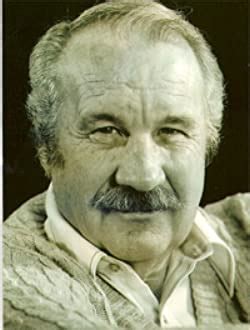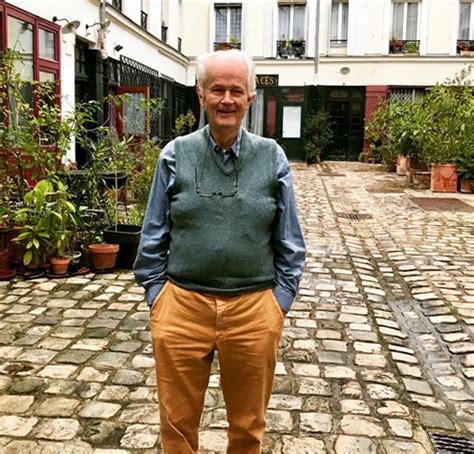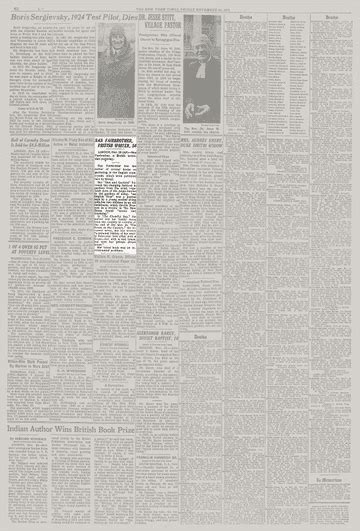A Quote by Johann Wolfgang von Goethe
The loss of a much-prized treasure is only half felt when we have not regarded its tenure as secure.
Related Quotes
You know who has tenure? The pope has tenure. The Queen of England has tenure. So does Fidel and the communists - because they represent the people, of course (scoff). Federal judges have tenure as well - no federal judge has ever successfully been removed. And then there's the college professors. Me. How do you like that?
The Christian is more than an empty vessel. He has...Someone within. We have a treasure in the earthen vessel, and not only a treasure - a transcendent power! That is humanity as God intended it to be. The vessel is not much in itself, but it holds an inestimable treasure, beyond price, and a transcendent power, greater than any other power known to men.
I was an adjunct. I never got tenure, never had it. I was a professor, though. But I never got tenure. I never really wanted tenure, to tell you the truth. Really wasn't - the guys who got - the tenured people were some of, like, the least interesting. And they were people I didn't really like very much anyway.
when people go away, or when we leave the places we love, or something we treasure goes out of our life - I have always noticed that before it happens - this leaving, this parting - when we think about it beforehand we are overwhelmed with sadness at the loss to come. ... the most unbearable sense of loss, the worst homesickness of all, so I have found, is this loss and sickness we feel beforehand, before we ever leave home.
It is sad to see how the most of men neglect their precious souls, turning their backs upon the glorious gospel, and little minding a crucified Jesus, when, in the meanwhile, their bodies are well provided for, their estates much regarded, and the things of this present life are highly prized, as if the darling was of less value than a clod of earth; an immortal soul, than a perishing body; a precious Saviour, than unsatisfying creatures.
A half century from now, our grandchildren are likely to look back at the era of mass employment in the market with the same sense of utter disbelief as we look upon slavery and serfdom in former times. The very idea that a human being's worth was measured almost exclusively by his or her productive output of goods and services and material wealth will seem primitive, even barbaric, and be regarded as a terrible loss of human value to our progeny living in a highly automated world where much of life is lived on the Collaborative Commons.






































